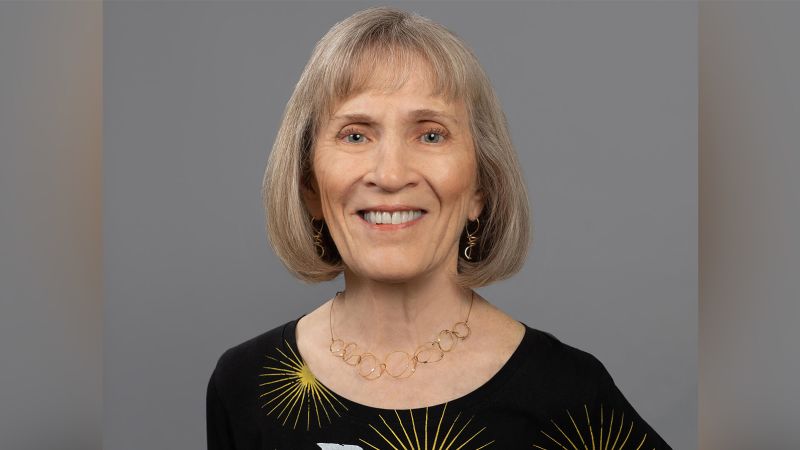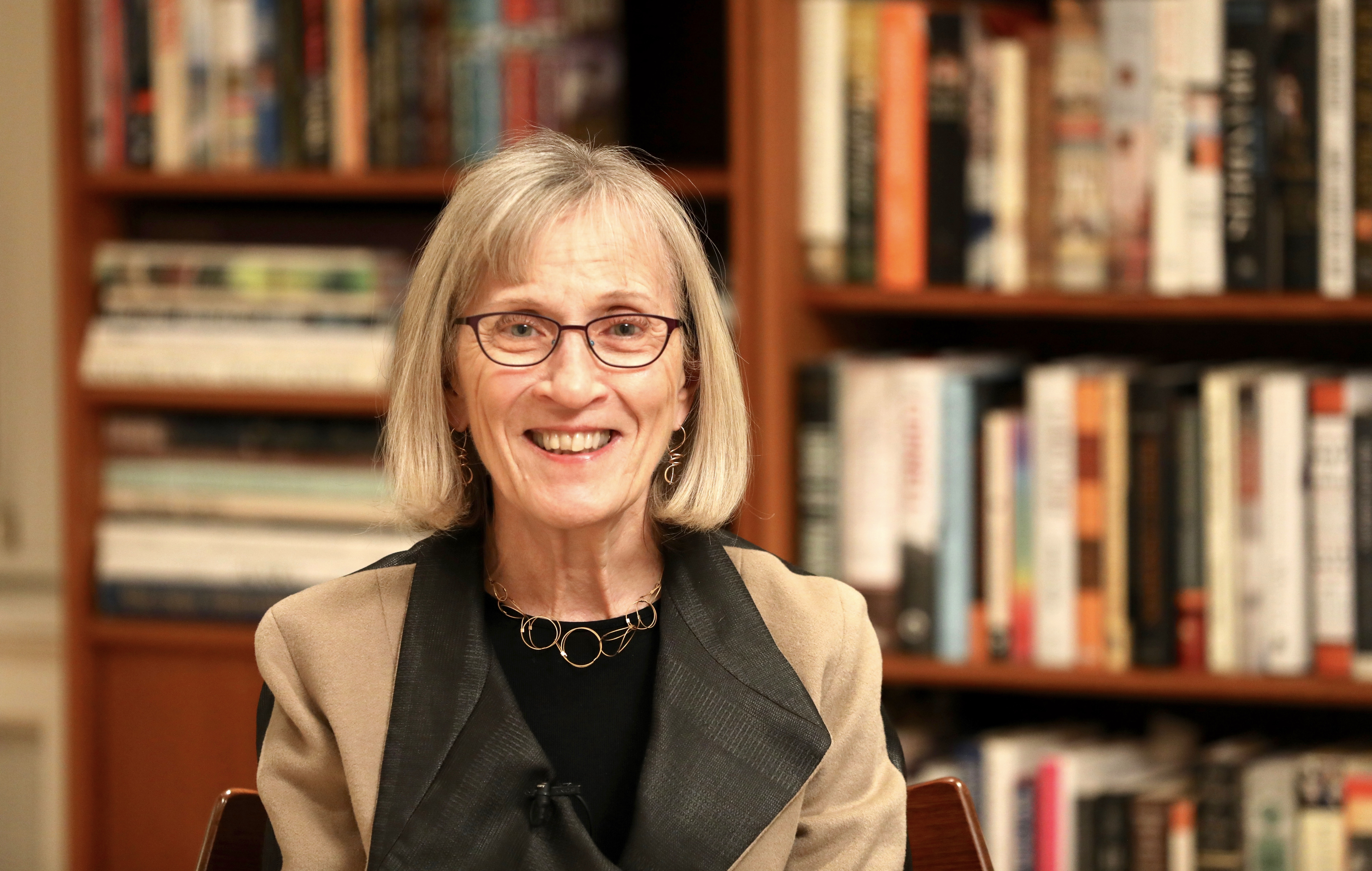Breaking Barriers: Claudia Goldin Awarded Nobel Prize in Economics for Transformative Work on Women in the Labor Market

Breaking Barriers: Claudia Goldin Awarded Nobel Prize in Economics for Transformative Work on Women in the Labor Market
In a groundbreaking recognition of her pioneering research, the Nobel Prize committee has honored Claudia Goldin, a distinguished American economist and Harvard University professor, with the 2023 Nobel Prize in Economic Sciences. Goldin’s remarkable contributions to the field have significantly advanced our understanding of women’s labor market outcomes, shedding light on both historical and contemporary facets of their roles in the workforce.
The prestigious Nobel Prize, often regarded as the highest accolade in the realm of economic research, has been bestowed upon Claudia Goldin for her tireless efforts to unravel the complex dynamics that shape women’s participation in the labor market. Her work has not only provided fresh insights but has also challenged conventional wisdom, prompting a reevaluation of existing policies and societal norms.
Goldin’s journey into the heart of labor market disparities began with a deep curiosity about gender-related economic inequalities. Over the years, she meticulously examined various aspects of women’s labor market experiences, using her keen analytical skills to decipher the intricacies of this multifaceted issue. Her dedication and groundbreaking findings have made a lasting impact on the field of economics, advocating for greater gender equality in the workplace.
One of the key focal points of Goldin’s research has been the gender wage gap, a persistent issue that has plagued labor markets around the world for decades. Her work uncovered the multifaceted nature of this gap, dispelling the notion that it can be solely attributed to discrimination. Instead, she revealed that differences in career choices, working hours, and educational attainment played a pivotal role in explaining the wage disparities between men and women.

Goldin’s research highlighted how women’s career decisions were often influenced by family considerations, including the desire to balance work and caregiving responsibilities. This led her to delve into the concept of the “motherhood penalty” – a phenomenon where women experience a significant decline in their earnings after becoming mothers. Her work demonstrated that this penalty was not just an outcome of individual choices but was deeply intertwined with societal structures and workplace policies.
In addition to her groundbreaking studies on the wage gap and the motherhood penalty, Goldin explored the historical evolution of women’s labor market participation. Her research meticulously traced the transformation of female employment patterns over the past century. She discovered that the gender gap in labor force participation had substantially narrowed over time, driven by various societal changes, including increased access to education and contraception.
Goldin’s work also extended to the examination of the role of women in academia and their underrepresentation in certain fields, such as STEM (Science, Technology, Engineering, and Mathematics). Through rigorous analysis, she uncovered the existence of a leaky pipeline that hindered the progress of women in academia, where they faced barriers and biases that impeded their career advancement.
The Nobel Prize committee commended Goldin’s dedication to meticulously dissecting the factors contributing to gender disparities in the labor market. Her research has illuminated the ways in which policies and societal attitudes can either perpetuate or alleviate these inequalities. Her work has provided a roadmap for policymakers and organizations to take meaningful steps toward gender equality in the workforce.

Goldin’s impact extends beyond the realm of research and academia. Her findings have ignited discussions on gender equality in the labor market at both the national and international levels. Her work has influenced policy changes and inspired initiatives aimed at dismantling barriers that hinder women’s economic empowerment. Through her advocacy and scholarship, Goldin has become a beacon of hope for those working toward a more equitable future.
Furthermore, the Nobel Prize committee highlighted the timeliness of Goldin’s work in the context of evolving labor markets. In recent years, the COVID-19 pandemic has underscored the significance of her research. The pandemic disproportionately affected women, who often bore the brunt of increased caregiving responsibilities due to school closures and disrupted childcare services. Goldin’s insights into the interplay between work and family dynamics have become even more relevant in the wake of the pandemic, emphasizing the urgent need for policy changes to support women in the workforce.
In response to the award, Claudia Goldin expressed her gratitude and dedication to furthering the cause of gender equality. She emphasized the importance of continued research and policy initiatives to create a more inclusive and equitable labor market for all. Goldin’s commitment to her field and her tireless efforts to shed light on the challenges women face in the workforce have made her a role model for aspiring economists and advocates of gender equality.
As the Nobel Prize in Economic Sciences for 2023 celebrates Claudia Goldin’s groundbreaking contributions, it also serves as a reminder of the significant work that still lies ahead. Achieving true gender equality in the labor market requires the collective efforts of governments, organizations, and individuals. Goldin’s research has laid the foundation for change, but the journey toward a fairer and more inclusive labor market continues.
In conclusion, Claudia Goldin’s well-deserved Nobel Prize in Economic Sciences for her transformative work on women in the labor market highlights the profound impact of her research. Through her dedication, innovative insights, and unwavering commitment to gender equality, Goldin has challenged stereotypes, ignited discussions, and paved the way for a more equitable future. As her work continues to inspire change, it is a reminder that the pursuit of gender equality in the labor market is not only a noble goal but also an essential one for the betterment of society as a whole.




